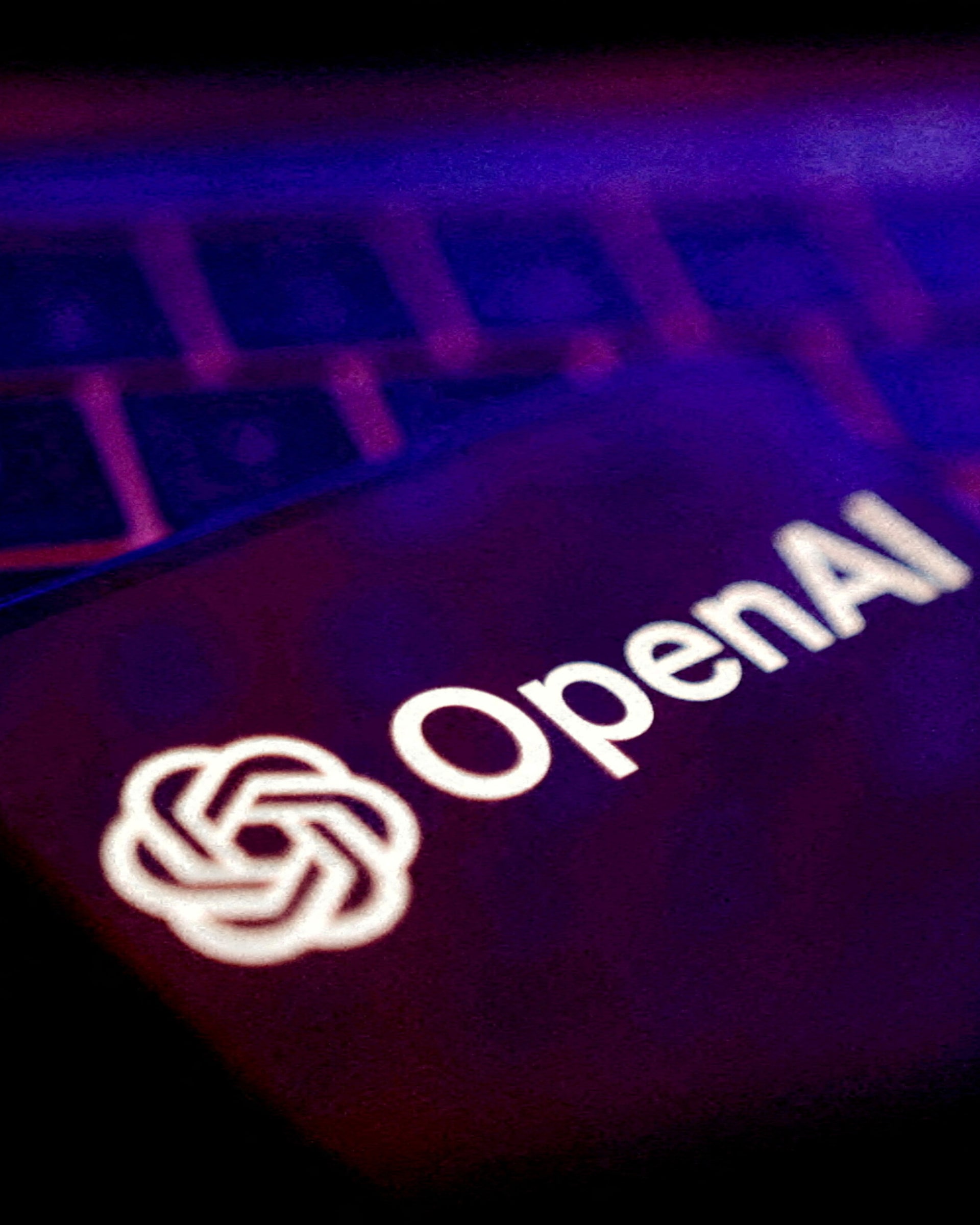OpenAI Reaches $500B Valuation Milestone Driving AI Innovation and Investor Confidence

OpenAI Now Tops $500 Billion: The Unprecedented Rise of AI’s Most Valuable Innovator
The New Global Leader in Private Valuation
OpenAI has achieved a milestone few imagined possible in such a short span, becoming the planet’s most valuable private company with a valuation of $500 billion. This accomplishment places OpenAI above giants in the arena, surpassing SpaceX by a commanding $100 billion. The firm behind the revolutionary ChatGPT technology is now at the apex of the private sector, a position underscored by the magnitude and pace of its financial ascent.
The latest valuation emerged after a significant secondary share sale, where a powerful investor group—including Thrive Capital, SoftBank, and Abu Dhabi’s MGX fund—acquired $6.6 billion in equity directly from present and former team members. This move drove OpenAI’s worth to 1.5 times what it was in the prior round earlier in the year. Such figures not only highlight the surging investor confidence but also solidify the entity’s dominance in the artificial intelligence landscape.
This event rewrites the hierarchy among technology-first organizations, with OpenAI’s capitalization marking a watershed moment for the sector. The scale of this leap renders previous milestones at companies like SpaceX and longstanding tech unicorns comparatively modest. As AI’s influence continues to spread, OpenAI’s valuation is a testament to the exponential value attributed to generative AI and transformative machine learning applications.
How Strategic Share Sales Set New Industry Standards
The recent transaction was precisely structured to benefit stakeholders across the organization. Only employees who had held equity for a minimum period of two years were eligible to participate, aligning incentives with long-term value creation. The decision to cap the sale at $6.6 billion, even though up to $10 billion had been approved, is telling—many opted to retain their shares, signaling strong internal confidence in forthcoming growth.
This share sale provided liquidity to the workforce without shifting OpenAI’s core ownership ratios or strategic direction. Employees were able to realize substantial returns on their early-stage efforts, converting part of their holdings into immediate capital. Such mechanisms deliver tangible retention advantages, as direct financial rewards from high valuations outperform many industry-standard compensation packages and bonuses that competitors in Silicon Valley might offer.
For investors, this secondary opportunity is more than a financial bet; it’s an endorsement of OpenAI’s sustained momentum at the front lines of AI development. The diversity of the participating backers points to a shared vision that artificial intelligence will continue to be the dominant engine of economic value for decades to come.
Market Dynamics and Retention: Why Confidence Is Riding High
The transaction’s scale and selectivity provide a striking window into the psychology within OpenAI’s ranks. The majority of eligible team members chose not to liquidate their shares—even at historically high valuations—demonstrating a prevailing conviction that substantial value remains to be unlocked. This phenomenon often only emerges in companies that are viewed internally as being on the cusp of further landmark breakthroughs or market expansions.
These mechanics do more than benefit individual contributors; they reinforce organizational stability by making OpenAI a uniquely attractive employer for both existing talent and high-caliber recruits. In today’s fiercely competitive AI job market, the ability to offer not only the promise of future upside but also realized gains is a differentiator.
Moreover, this model of allowing early liquidity without initiating an initial public offering keeps OpenAI nimbler and less encumbered by public market pressures, preserving flexibility to allocate resources and talent toward their most ambitious projects.
Implications for the Artificial Intelligence Sector
With this valuation jump, OpenAI’s position at the summit of the global technology ecosystem carries repercussions for the broader AI field. The confidence reflected by institutional investors is likely to accelerate further capital flows toward advanced research and infrastructure projects within the company and among its peers.
The role of secondary share transactions in fostering talent retention is now squarely in the spotlight, and OpenAI’s experience may become a case study in how top-tier companies can balance employee incentives with strategic growth objectives. For the broader market, attention will likely focus on when, how, and if other AI-centric ventures might reach—let alone surpass—such astronomical benchmarks.
Ultimately, this moment marks a new era where innovation in language models, machine learning, and intelligent automation translate directly into record-setting corporate valuations. As more organizations race to harness the transformative power of artificial intelligence, the world will look to OpenAI as both a bellwether and a catalyst for what happens next in the sector.
